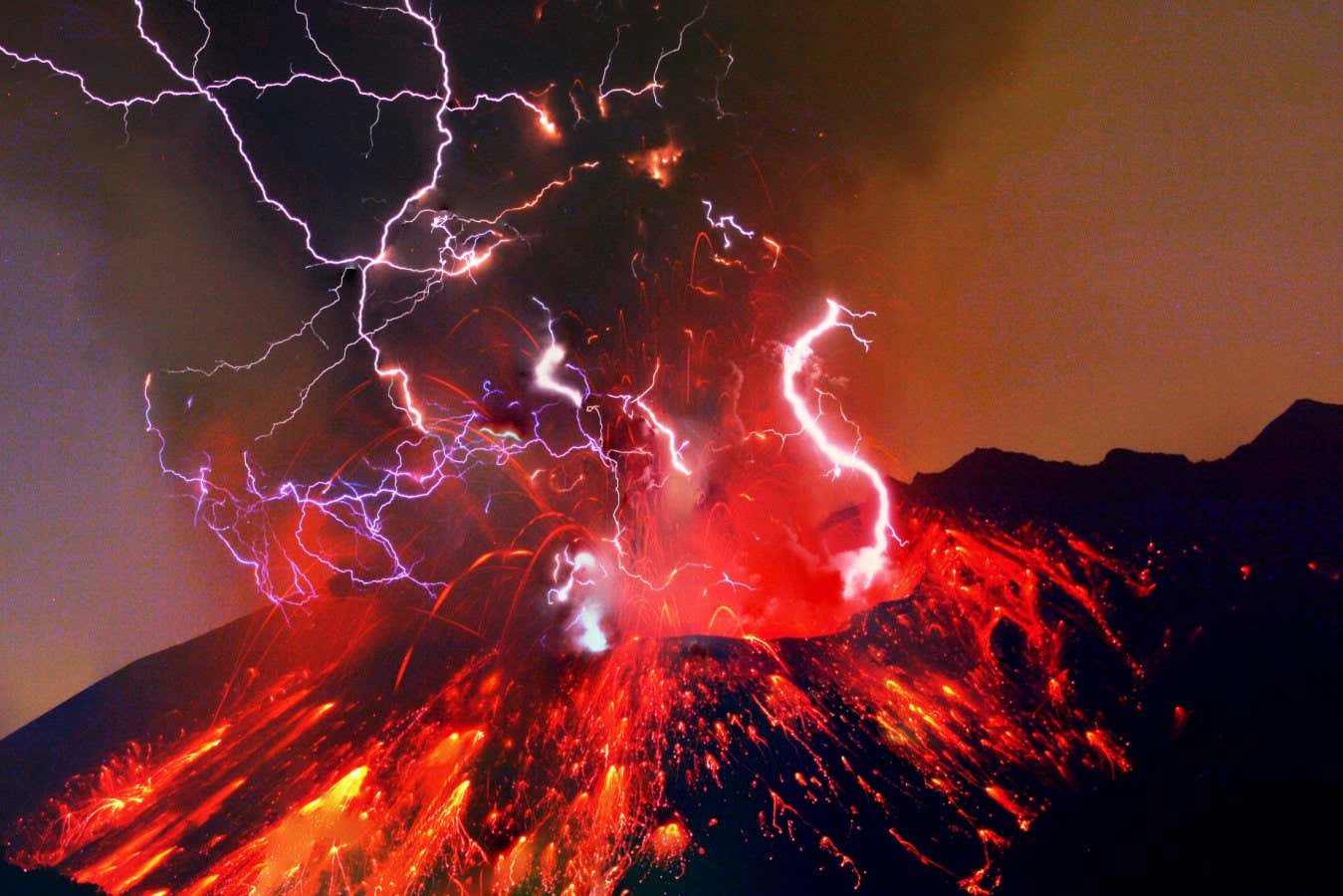The phenomenon of volcanic lightning, observed within ash clouds produced during certain volcanic eruptions, may serve as a nitrogen source critical for the development of life forms. An examination of volcanic rocks has unveiled substantial quantities of nitrogen compounds likely generated by volcanic lightning. This process potentially supplied the essential nitrogen needed for the initial evolution and prosperity of primitive life forms.
Nitrogen constitutes a vital element of the amino acids essential for constructing the proteins fundamental to all life forms. Despite the abundance of nitrogen gas, organisms cannot directly utilize it in the same way they can with carbon dioxide. Instead, plants primarily acquire nitrogen from specialized bacteria capable of converting nitrogen gas into usable compounds like nitrate. However, during the early stages of evolution when nitrogen-fixing bacteria were not yet present, an alternative non-biological source was necessary.
One plausible origin of this essential nitrogen could be the lightning generated within ash clouds during volcanic eruptions. Recent research conducted by Bekki and collaborators, analyzing volcanic deposits from various locations including Peru, Turkey, and Italy, revealed significant levels of nitrates in certain layers. Isotopic analysis indicated an atmospheric origin for these nitrates, ruling out emission from the volcanoes themselves. The substantial quantities discovered were unlikely to have been produced solely by thunderstorms, leading to the hypothesis that volcanic lightning was the primary contributor.
The team’s findings suggest that volcanic lightning, a common occurrence during massive volcanic events, could have been instrumental in generating nitrogen compounds crucial for early life forms. This concept aligns with the notion that life potentially emerged around volcanic environments rich in nitrogen compounds. Previous studies have also proposed the significant role of volcanic lightning in catalyzing chemical reactions essential for the origin of life, further supporting the latest research findings.
